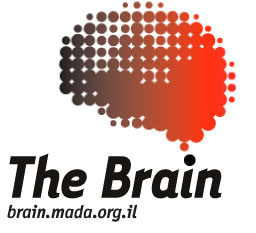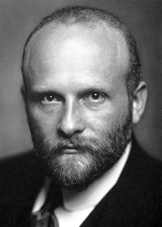


 |
||
|
1914 - Robert Bárány
By which mechanism does irritation in the ear cause a feeling of vertigo and nystagmus? It was long known that syringing a patient's ear often caused dizziness, sometimes accompanied by certain rhythmical eye movements called nystagmus. But it was not known which organ released the phenomenon. With Systematic studies, Bárány that the direction of the nystagmus depends on the temperature of the syringing fluid which acts on the endolymph of the semi-circular canals in the inner ear. The endolymph sinks with cooling, whereas with warming it shows a tendency to rise. This very simply obtained reaction named the "caloric reaction" first provided otology with a method of investigation of the excitability of the vestibular apparatus and therapeutic handling of a number of labyrinth diseases. Based on these and other findings, Bárány also revealed the important fact that existing vestibular imbalance changes direction with an alteration in the head position, also causing other muscles which are directed by the will to deviate, in the same plane but in an opposite direction to the nystagmus. Using various methods, he localized tonus centers in the cerebellar cortex which seem to be involved in the phenomena.
|
||

